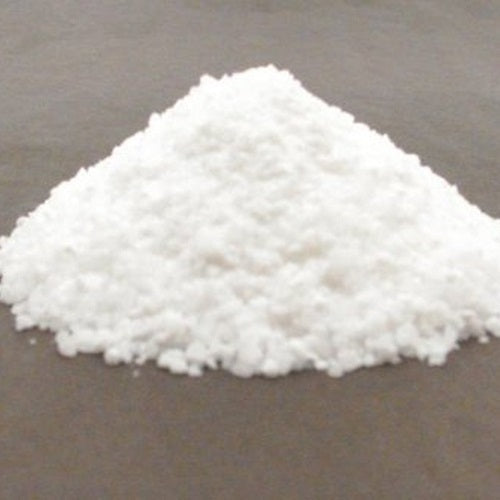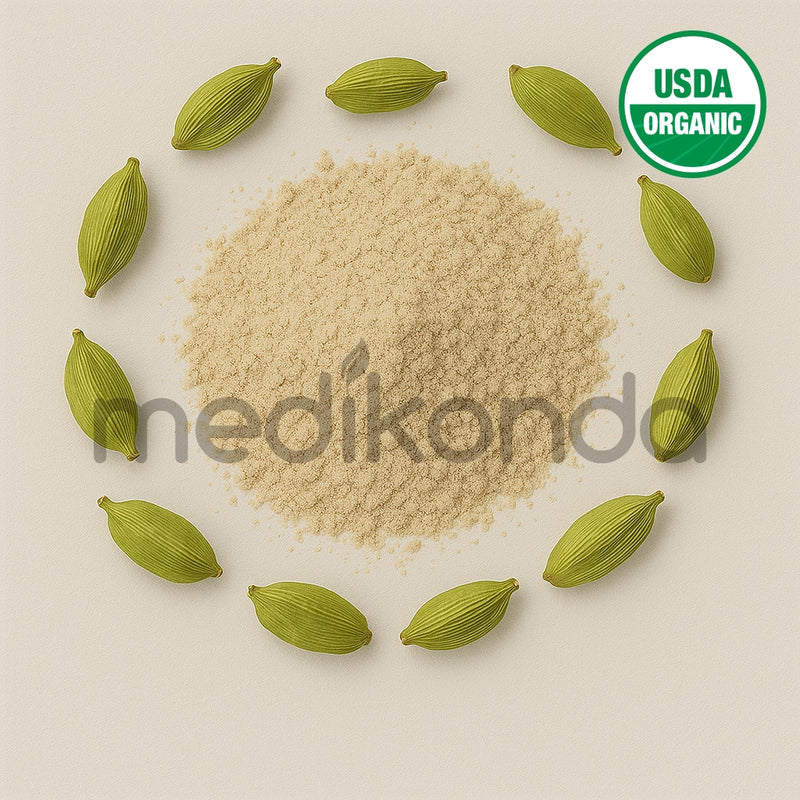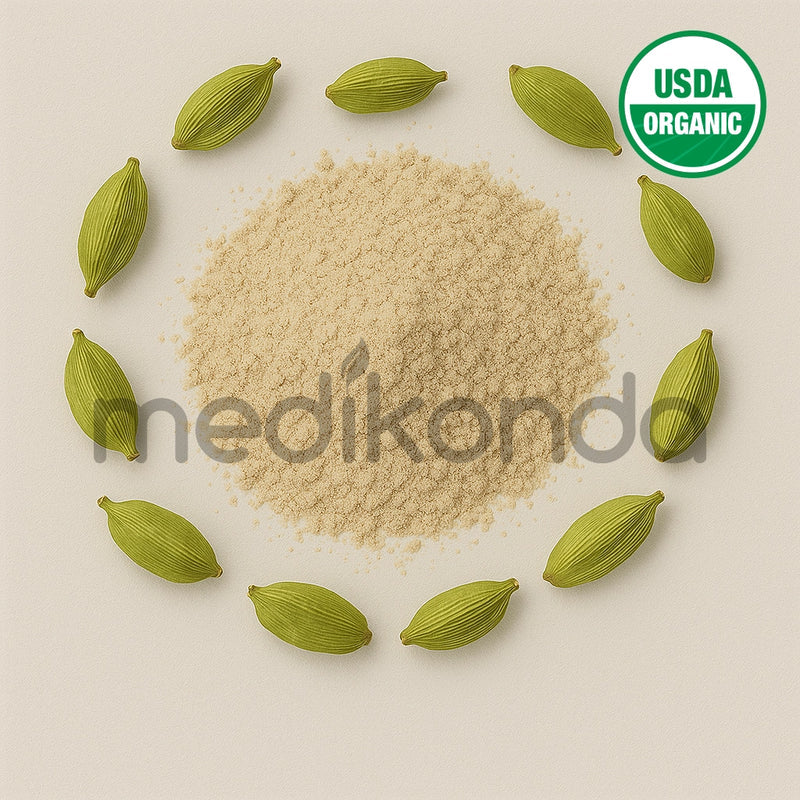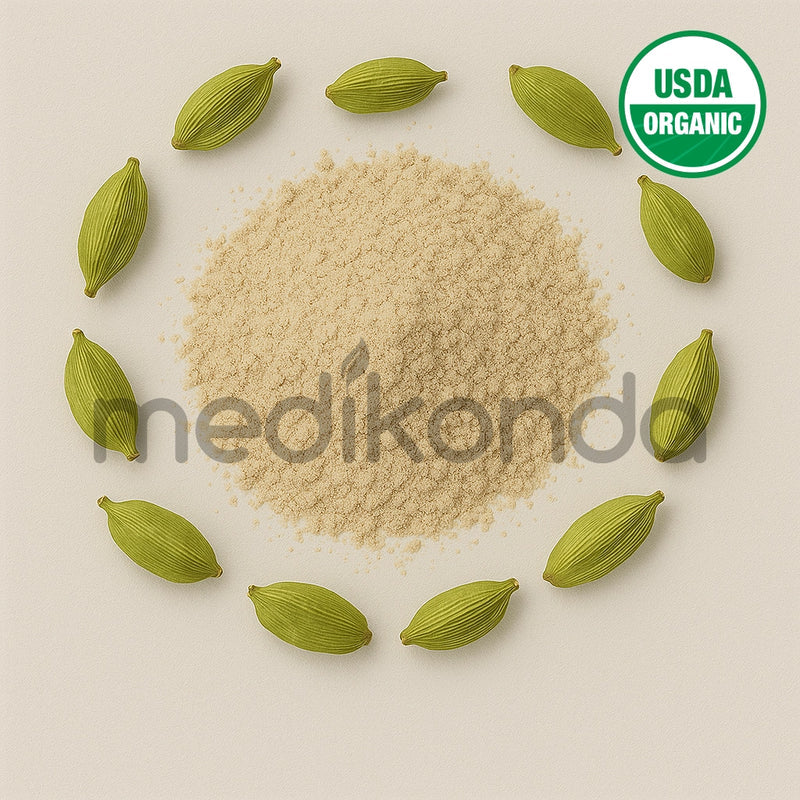Add description, images, menus and links to your mega menu
A column with no settings can be used as a spacer
Link to your collections, sales and even external links
Add up to five columns
Add description, images, menus and links to your mega menu
A column with no settings can be used as a spacer
Link to your collections, sales and even external links
Add up to five columns
LOOKING FOR BULK INGREDIENTS PRICING?
GET INSTANT QUOTEwhat ingredient are you looking for?

Benefits of Aluminum Sulfate - Wholesale B2B Bulk Suppliers in Australia and New Zealand
Aluminum Sulfate: The Multipurpose Compound for Industry and Environment
What is Aluminum Sulfate?
Aluminum sulfate is an inorganic salt with the chemical formula Al₂(SO₄)₃. Commonly found as a white, odorless, crystalline solid or powder, it dissolves easily in water to form a mildly acidic solution. This compound is widely known for its coagulating, flocculating, and astringent properties, making it essential across a range of industries—from water purification and paper manufacturing to agriculture and personal care.
Key Industrial Applications of Aluminum Sulfate
1. Water and Wastewater Treatment
Aluminum sulfate is one of the most commonly used coagulants in municipal water treatment plants. It works by neutralizing negatively charged particles in the water, allowing impurities to clump together into larger particles (flocs) that can be easily filtered or settled out.
Benefits:
-
Improves water clarity
-
Reduces turbidity
-
Removes contaminants like bacteria, phosphorus, and heavy metals
2. Paper Manufacturing
In the paper industry, aluminum sulfate acts as a sizing agent, helping fibers bind more efficiently and improving paper smoothness, brightness, and water resistance. It also aids in pH control during production.
3. Textile Industry
Aluminum sulfate is used as a mordant in dyeing processes. It helps fix dyes onto fabrics, ensuring vibrant and long-lasting colors.
4. Agriculture
This compound is often applied to acidify soil for acid-loving plants like hydrangeas, azaleas, and blueberries. It reduces soil pH and releases aluminum ions, which can help control certain plant diseases and pests.
5. Deodorants and Astringents
Aluminum sulfate’s astringent properties are utilized in some antiperspirants and styptic powders, helping reduce sweating and control minor bleeding.
Chemical Properties and Reactions
-
Solubility: Highly soluble in water; forms an acidic solution
-
pH effect: Lowers the pH of the solution it’s added to
-
Reaction with bases: Reacts with alkaline compounds to form aluminum hydroxide, useful in flocculation
Environmental Impact and Safety
While aluminum sulfate is effective and widely used, it must be handled with care:
-
In water treatment, residual aluminum levels must be monitored to avoid potential health risks.
-
In agriculture, overuse can lead to aluminum toxicity in the soil, harming plant growth.
-
Protective gear is recommended during industrial handling, as the powder can be irritating to the skin, eyes, and respiratory system.
Storage and Handling
-
Store in a dry, cool place
-
Avoid contact with moisture to prevent caking or degradation
-
Use appropriate personal protective equipment (PPE) during handling
Final Thoughts
Aluminum sulfate is a cornerstone compound in modern industry, offering versatile applications in water purification, paper production, textile dyeing, and even agriculture. Its ability to bind particles, lower pH, and act as a fixative or astringent makes it invaluable in both industrial and environmental processes. However, like all chemical agents, it requires mindful usage to ensure safety and sustainability.
For bulk orders and inquiries, visit Medikonda Nutrients - Aluminum Sulfate
Medikonda Nutrients is the Largest Manufacturer, B2B Bulk Wholesale Supplier of Aluminum Sulfate in Australia and New Zealand.
Also in Medikonda: Health & Wellness
SUBSCRIBE NOW ...
Don't miss to get latest updates on sales, new releases and promotions




